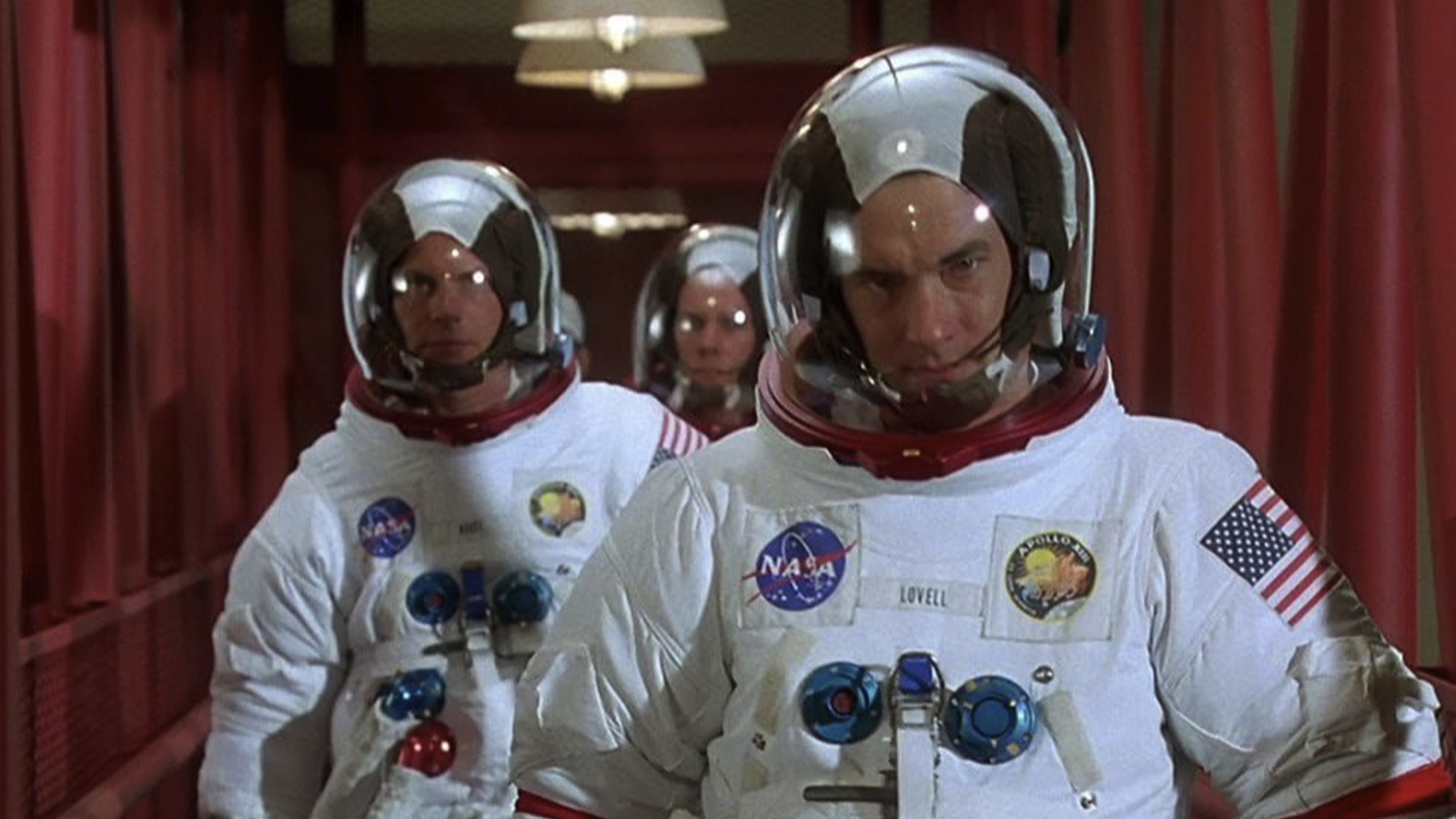Washington DC – The United States has said it does not want to see further tensions between Israel and Hezbollah, after the Lebanese armed group blamed Israel for a series of deadly, coordinated handheld pager explosions.
But US President Joe Biden’s administration, which remains Israel’s top military and diplomatic supporter, on Tuesday also sought to downplay its ability to ease tensions between the two countries.
Speaking to reporters on Tuesday afternoon, State Department spokesman Matthew Miller said Washington was not involved in the apparent attack and had not been informed in advance about it.
“I would say that our overall policy remains consistent, that is we want to see a diplomatic solution to the conflict between Israel and Hezbollah,” Miller said. “We are always concerned about any kind of incident that could lead to further escalation of tensions.”
But when pressed on whether the Biden administration’s influence — the U.S. provides Israel with $3.8 billion in annual military aid as well as staunch diplomatic support — could be used to prevent a wider war, Miller said it was “not just a question of the United States.”
“Of course, this is a first-order question for Israel. It’s a question for Hezbollah, but it’s also a question for all the other countries in the region as to what kind of region they want to live in,” he said.
“That’s why the United States will continue to press for a diplomatic solution.”
Miller’s remarks come as human rights advocates urge the Biden administration to pressure Israel to end the war on the Gaza Strip, which has killed more than 41,000 Palestinians since early October and devastated the coastal Palestinian territory.
Analysts have repeatedly accused Washington of playing the role of both “arsonist and firefighter” by consistently refusing to provide US military aid to its “iron-clad” ally, despite concerns that the prolonged Gaza war could spark wider regional tensions.
Hezbollah, which has been exchanging cross-border fire with Israel since the war in Gaza began, blamed Israel for Tuesday’s pager blasts and vowed it would receive “appropriate punishment.”
The Israeli military has not yet commented on the explosions.
At least nine people were killed in a pager explosion in Lebanon, including an eight-year-old girl, Lebanon’s health minister said. About 2,750 people were also injured, 200 of them seriously.
Asked about the apparently indiscriminate nature of the blasts, Miller of the US State Department declined to comment directly on the incident.
However, he said that broadly the US position is that “no country, no organization should target civilians.”
‘Mud on their faces’
These explosions have come at a time when the Biden administration has been repeatedly saying that it is pushing to mediate a Gaza ceasefire agreement between Israel and Hamas (the Palestinian faction that rules the region).
On Tuesday, US Secretary of State Antony Blinken was on a visit to the Middle East for the latest meeting with mediators.
“President Biden doesn’t have a lot of time, with the US election less than 60 days away,” Al Jazeera’s Kimberly Halkett reports from Washington DC.
“so if [the Lebanon explosions] If it is the case that Israel is indeed responsible for this, it is certainly disappointing for the United States.
The deadly blasts came less than a day after White House adviser Amos Hochstein met with Israeli Prime Minister Benjamin Netanyahu to try to ease tensions along Israel’s northern border with Lebanon.
After the meeting, Netanyahu’s office issued a defiant statement saying Israelis would not be able to return to areas evacuated along the Lebanese border “without a fundamental change in the security situation in the north.”
Rami Khoury, a distinguished fellow at the American University of Beirut, described Israel’s response to the US appeal as “a normal thing.”
“The Israeli people not only ignore what the Americans say, but they throw mud in their faces,” Khoury told Al Jazeera.
“The Americans have very limited capabilities in terms of their diplomatic actions. They have focused more on providing military aid to Israel and imposing sanctions against Israel’s enemies.”
Khoury said the US’ “diplomatic efforts are not taken seriously by most people in the region” because of the country’s unconditional support to Israel.
“The US should be a very big diplomatic player. But it is clearly on the side of Israel and whatever it does should be in line with Israel’s priorities,” he said.












